The trade war between the US and the European Union (EU) risks escalating, threatening widespread inflation on both sides of the Atlantic, especially as prices are stabilizing after a long period of high increases.
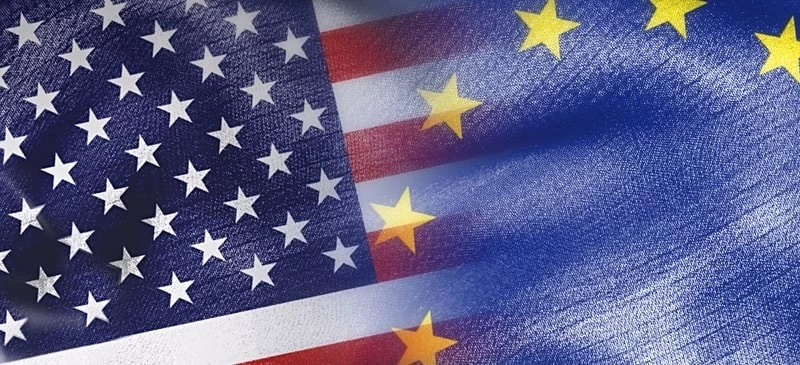 |
| The economic relationship between the US and the EU is one of the most important "links" in the world. (Source: Centre for Europe Reform) |
Ready to retaliate
According to CSIS, the economic relationship between the US and the EU is one of the most important "links" in the world , although it has often lacked depth and sometimes been fraught with tension in the past. However, thanks to a heightened focus on economic security, the need for policy cooperation regarding China, and the conflict in Ukraine, the landscape under President Biden has changed significantly, fostering an unprecedented level of cohesion in US-EU relations.
According to a CSIS report, the transatlantic economic relationship is crucial for both Washington and Brussels, with the world's largest bilateral trade and investment volume. The US is the EU's largest trading partner, accounting for one-fifth of EU exports in 2023, and is also the union's largest investment destination, with 55% of total investment.
Meanwhile, total US investment in the EU is four times greater than in Asia and the Pacific , while direct EU investment in the US is ten times greater than the combined investment in India and China. The US has become a crucial energy supplier to the EU economy, particularly in the import of liquefied natural gas (LNG), accounting for 50% of Europe's supply since Russia launched its special military operation in Ukraine.
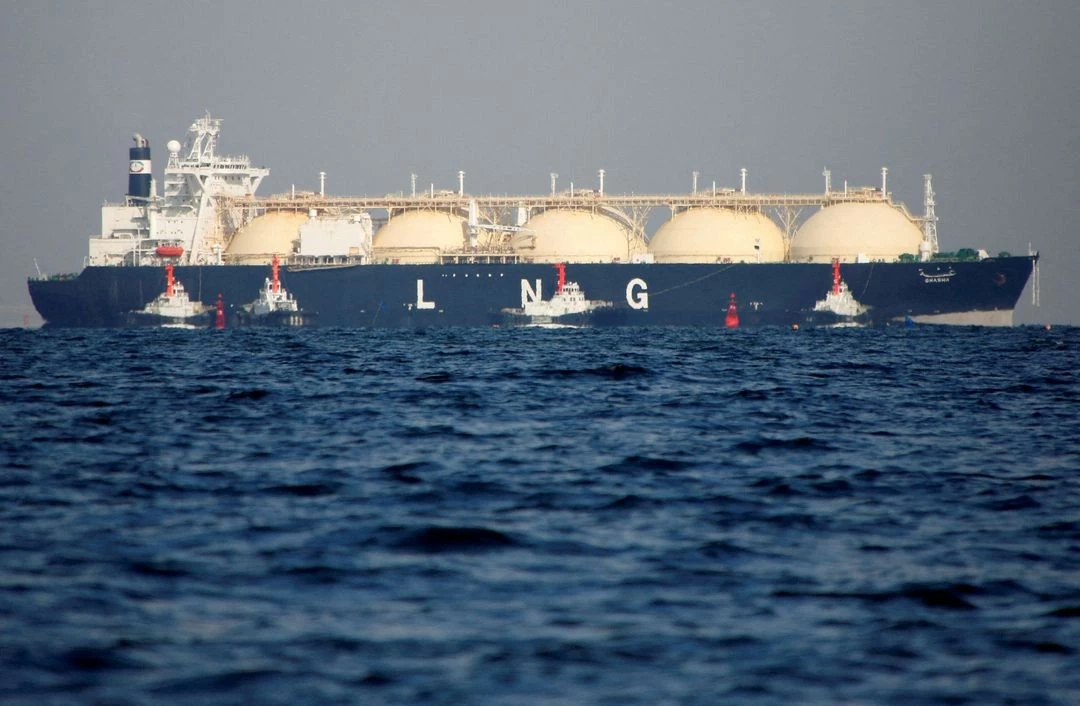 |
| The US has become one of the largest suppliers of LNG to Europe. (Source: Reuters) |
Following her re-election as President of the European Commission (EC), Ursula von der Leyen is paving the way for a new era in Brussels, marked by increased global protectionism and the weaponization of economic dependence.
The EC's political guidelines for the 2024-2029 term clearly state that economic security is the first pillar of its foreign economic policy agenda. Now, the main objective is no longer expanding free trade, marking a significant shift from von der Leyen's previous term, as well as from the EC's traditional trade policy objectives.
The EC has strengthened its trade defense arsenal, for example by creating an anti-coercion tool that allows retaliation against countries that apply "economic blackmail" against many EU members. With an easy re-election, von der Leyen is likely to use her power to counter any trade coercion from the US, especially under the Donald Trump administration.
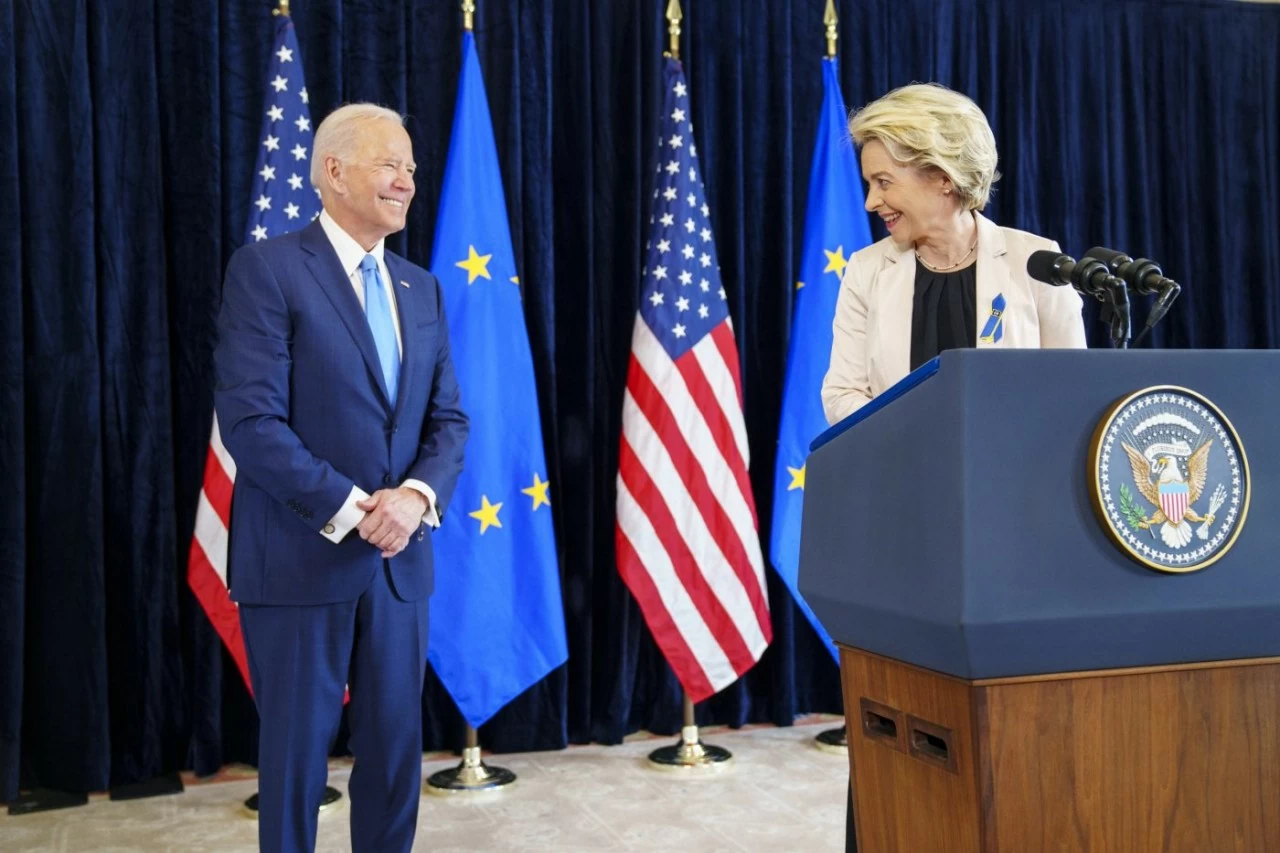 |
| Following her re-election as President of the European Commission (EC), Ursula von der Leyen is paving the way for a new era in Brussels. (Source: CEPA) |
Furthermore, a second term for Trump could lead to a trade war between the US and the EU. The former US president has stated that tariffs would be central to his "America First" trade agenda.
In a recent social media post, Trump hinted at targeting Brussels' free trade policies if he were to return to the White House.
"I know the European Union very well. They take advantage of the United States a great deal in the area of trade," Trump emphasized.
Furthermore, according to CSIS experts, Trump's proposal to impose a 10% tariff on all imports into the US poses a significant risk to the EU economy. The tariffs that the former president imposed in 2018 on European steel (25%) and aluminum (10%) could be reimposed. These measures were previously suspended by the Biden administration until March 2025. Trump has repeatedly threatened to impose tariffs on imported cars from the EU, a politically sensitive industry for Germany.
Robert Lighthizer, a former top trade official in the Trump administration, is a figure likely to assume many key roles in a second term and is expected to pursue a range of policies that disrupt the trade order. Existing trade conflicts, such as the Airbus-Boeing subsidy dispute, aluminum and steel tariffs, and European digital taxes, could be exploited to pressure Brussels into making concessions.
"Threat to both shores"
CSIS emphasized that the US election significantly impacted the EU. The Union will respond to Trump's tariff measures with its own tariff policies. This move is similar to what the EU did during the former president's first term when it imposed tariffs on Harley Davidson and American whiskey.
A trade war between the US and the EU could escalate and would certainly lead to inflation on both sides of the Atlantic, especially at a time when prices are stabilizing after a long period of highs. Therefore, the EU's capacity to inflict significant damage on the US economy would help the alliance prevent Trump from escalating the trade war.
Brussels will certainly not be caught off guard. The EC has established a task force to prepare for policy changes following the US election, particularly to respond to strong tariff measures and the possibility of Washington withdrawing from NATO.
In the fall of 2024, the Commission will strengthen its engagement with EU governments, sharing insights into potential EU vulnerabilities and how to mitigate risks. One of the EC's priorities is developing a communications plan to respond to major shifts in US policy toward Europe, such as the demand for EU countries to take on greater responsibility for defense funding for Ukraine.
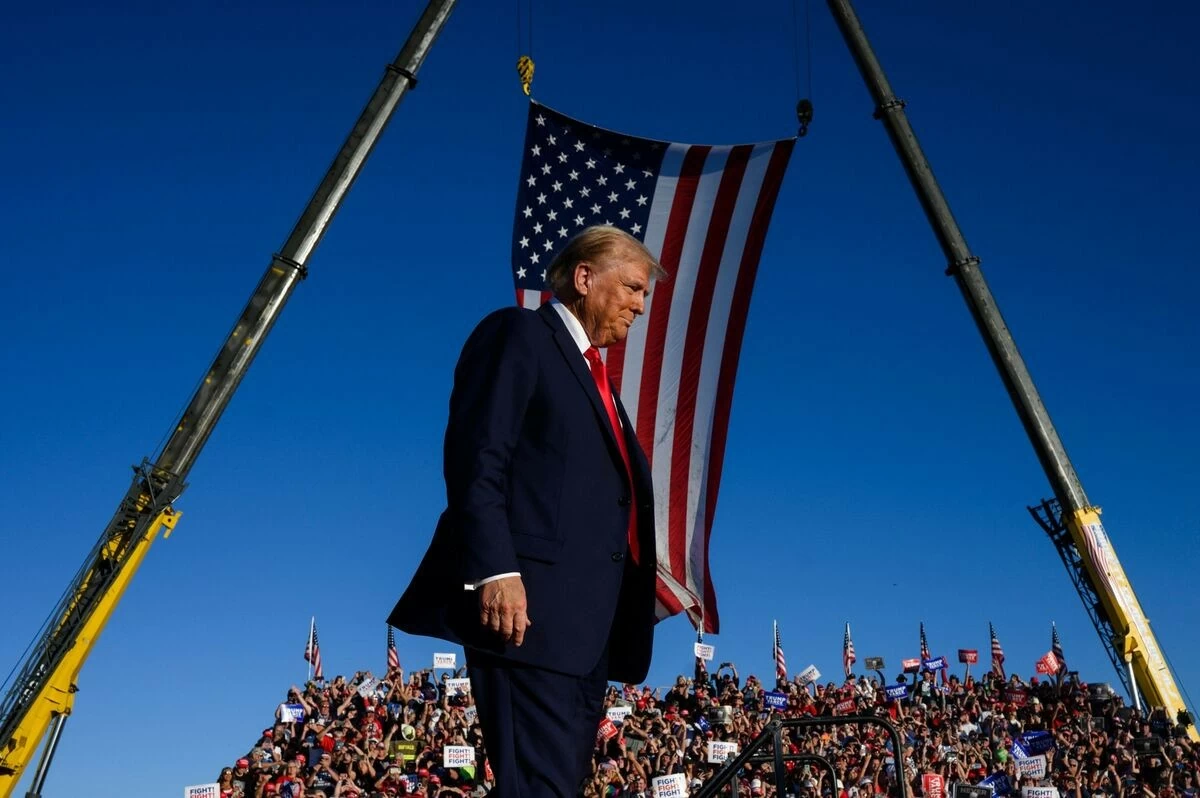 |
| European companies could benefit if Trump eliminates subsidies in IRAs, which favor American manufacturers over European businesses. (Source: Bloomberg) |
Furthermore, climate issues are also a point of contention between the two sides. Trump has shown an unfriendly stance towards the Paris Agreement and the Inflation Reduction Act (IRA), which could lead to a wave of resentment and anti-American sentiment in Europe, particularly among young people, who are at the forefront of climate action. However, European companies could benefit if Trump eliminates subsidies in the IRA, which favor American manufacturers over European businesses.
According to CSIS, while the EU strives to build a unified stance with the US, a second term for former President Trump could leverage his influence to pressure some EU countries, preventing a strong response from the bloc. The animosity in US-EU relations would hinder efforts to build a common transatlantic economic position toward China.
Conversely, the Kamala Harris administration is expected to further strengthen US-EU relations and avoid trade conflicts. Harris, like Biden, does not want past trade issues to affect this relationship. Therefore, sticking points such as the Boeing-Airbus dispute and tariffs on steel and aluminum will continue to be postponed or seriously addressed.
It is highly likely that the EU-US Trade and Technology Council (TTC) will continue to function, facilitating engagement among key officials and providing greater room for cooperation on renewable energy technology, critical supply chains, and technology regulations between the two sides. The Harris administration will strengthen cooperation with the EU on issues related to China and economic security.
 |
| Regardless of who wins the race for the White House, by January 2025, the next administration will need to strengthen the crucial relationship in the economic order between the US and the EU (Source: Getty). |
CSIS asserts that regardless of who wins the White House race, by January 2025, the next administration will need to strengthen this crucial relationship within the global economic order. A trade war between the US and the EU would only harm both sides, benefiting China. Instead, the relationship between the US and the EU should continue to be strengthened based on the progress of the TTC, while enhancing cooperation on economic security, the green economy, the reconstruction of Ukraine, sanctions policy, subsidies, and China's discriminatory trade policies.
In summary, the US-EU economic relationship plays a crucial role in maintaining the global economic order. Regardless of the outcome of the US election, both sides need to strengthen cooperation to avoid a mutually damaging trade war, while continuing to address global challenges such as economic security, the reconstruction of Ukraine, and competition with the world's second-largest economy. A stable transatlantic relationship will benefit both sides and contribute to sustainable global economic development.
Source: https://baoquocte.vn/my-eu-moi-quan-he-lo-lung-trong-su-can-bang-290885.html




![[Photo] Prime Minister Pham Minh Chinh receives Canadian Minister of International Development Randeep Sarai](/_next/image?url=https%3A%2F%2Fvphoto.vietnam.vn%2Fthumb%2F1200x675%2Fvietnam%2Fresource%2FIMAGE%2F2026%2F01%2F06%2F1767708661052_image123-3433-jpg.webp&w=3840&q=75)
![[Photo] Prime Minister Pham Minh Chinh attends the Conference on the Implementation of Tasks for the Finance Sector in 2026](/_next/image?url=https%3A%2F%2Fvphoto.vietnam.vn%2Fthumb%2F1200x675%2Fvietnam%2Fresource%2FIMAGE%2F2026%2F01%2F06%2F1767699638245_ndo_br_dsc-0196-jpg.webp&w=3840&q=75)

![[Image] Fifth meeting of the Steering Committee for National Projects in the Railway Sector](/_next/image?url=https%3A%2F%2Fvphoto.vietnam.vn%2Fthumb%2F1200x675%2Fvietnam%2Fresource%2FIMAGE%2F2026%2F01%2F06%2F1767712857541_ndo_br_dsc-0581-jpg.webp&w=3840&q=75)





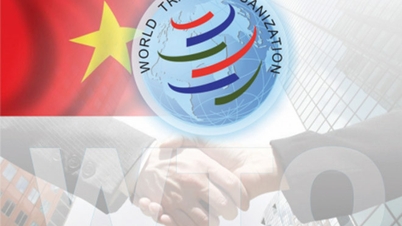
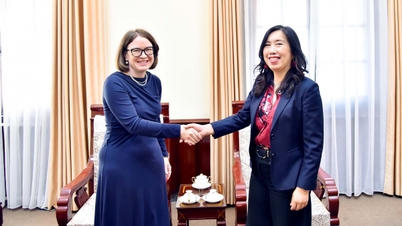
































































































Comment (0)